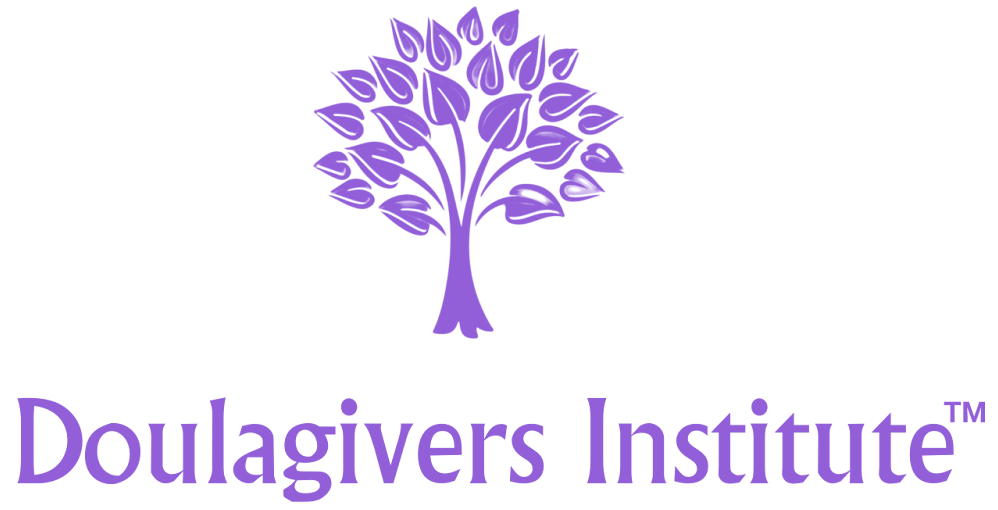
The First Phase of End of Life and What You Can Do To Support the Dying
Nov 19, 2024
The First Phase of End of Life and What You Can Do To Support the Dying
The journey of supporting a loved one at the end of life can be overwhelming, especially when the situation changes rapidly and feelings of shock and grief set in. As caregivers, family members, or friends, we often want to provide the highest quality of comfort and care but may not always know where to start. A compassionate approach begins with understanding the “shock phase,” an initial stage when everything feels unpredictable and overwhelming. Register for our next Doulagivers’ Level 1 End-of-Life Family Caregiver Training to equip yourself with the tools you need to provide compassionate, hands-on care.
Assessing Acute Needs Daily for Comfort and Stability
In the shock phase, our primary role is to offer gentle support by focusing on a few essential questions. First, assess for any acute issues that require immediate attention. For example, checking for pain, nausea, or extreme exhaustion can help guide necessary interventions and make a significant difference in a loved one’s comfort level. By asking about acute needs each day, caregivers can adjust as the person’s condition changes, ensuring that daily comfort remains a top priority. Addressing these immediate needs also helps stabilize the situation, paving the way for a smoother, more peaceful journey through subsequent phases of end-of-life care.
Ensuring Safety to Prevent Accidents and Reduce Anxiety
Another vital consideration during this time is safety. Two major safety concerns often arise at the end of life: difficulty with mobility and difficulty swallowing. To avoid potentially dangerous situations like falls or aspiration pneumonia, caregivers should routinely ask, “Are there any safety issues today?” By anticipating these issues, we can prevent accidents and ensure the individual remains comfortable and safe in their environment. An important tool for caregivers here is a support scheduler, which helps distribute caregiving tasks among family and friends, ensuring that the primary caregiver receives breaks and that tasks are shared rather than shouldered alone.
Click Here to Access our FREE Doulagivers Support System Scheduler!
Building Trust to Support Emotional Readiness
Meeting people where they are emotionally is equally crucial in the shock phase. Denial can be a powerful and protective mechanism for many families facing the reality of impending loss. Instead of pushing someone to accept what they’re not ready for, working from the emotional place they’re in and offering steady support can help them gradually process their experience. Building trust with both the patient and their family allows them to feel secure and able to express fears, ask questions, and have genuine moments together. For example, a family member may worry about emergencies or feel responsible for medical decisions. By building trust and addressing these concerns, we can help loved ones be present for meaningful interactions and peaceful memories.
Conclusion: Embracing Compassionate Presence in the Final Phase of Life
At the core of this approach is a commitment to compassionate presence—listening deeply, supporting with kindness, and maintaining a sense of peace throughout the journey. By asking these key questions—about immediate needs, safety, and the support system—we set a foundation for quality care that honors the end-of-life process as a shared, loving experience. Although we cannot change the outcome, our supportive presence can create a comforting and meaningful final phase of life for everyone involved.
Additional Resources:
The Good Death Book, now available for pre-order
To listen to the full Ask a Death Doula Podcast episode on Youtube, click here
Caring for someone at the end of life? Click here to download this checklist to ensure your own needs are met during this time.
This 90-minute webinar training is the best way to learn the essential skills to care for someone who is dying based on the Doulagivers 3 Phases of End of Life Model of Care. Join the Movement, Learn the Skill, Change the World!
Do you have the calling to become a Doulagiver Death Doula and serve end of life patients and their families as a professional?
During this hour long webinar, we will help you find out if becoming a Doulagiver Practitioner is right for you!
Discover how you can become a Doulagiver without having a medical background or any prior end of life care experience. We will cover everything you need to know from the extensive training curriculum, how to price your services, and share our 3-step business blueprint to teach you how to reach your community with your new offering and be able to do it all with little to no money. If you have the calling, Suzanne and the Doulagivers Team will teach you EVERYTHING you need to know!
Need help with something else? Send us an email to [email protected]


